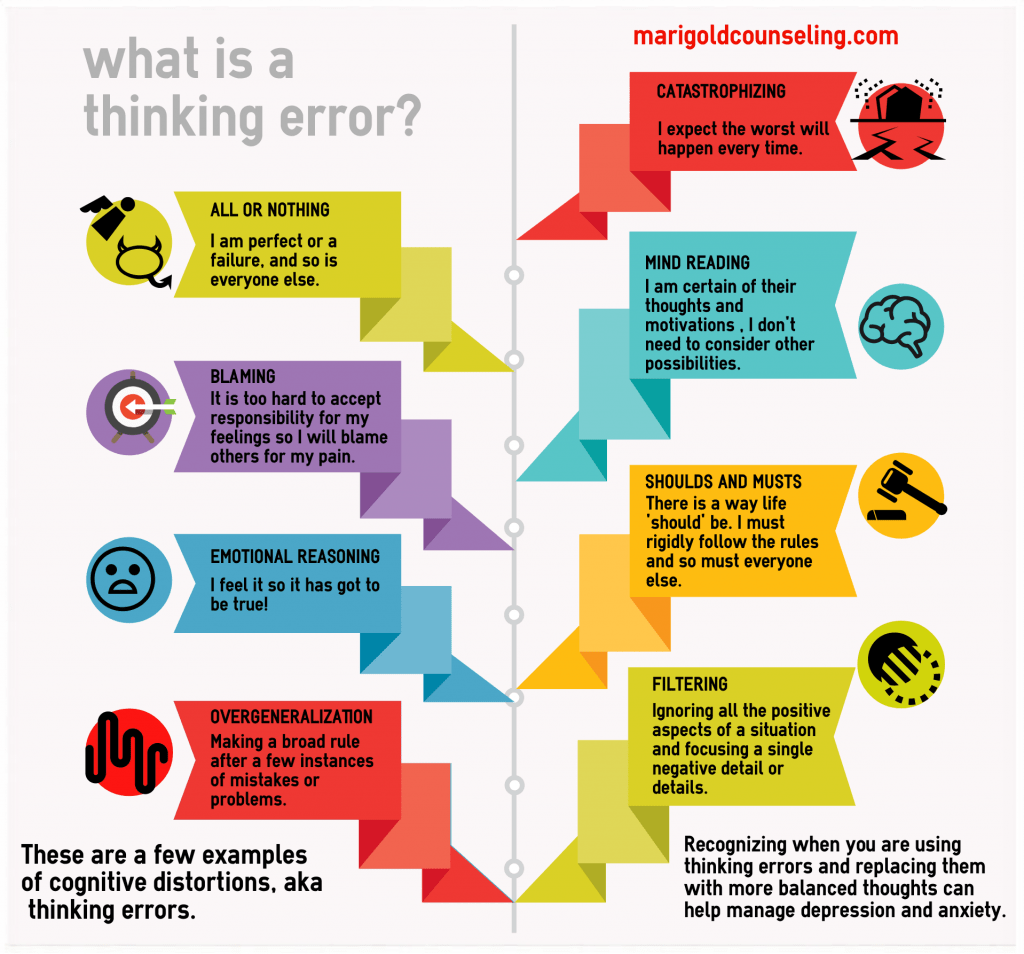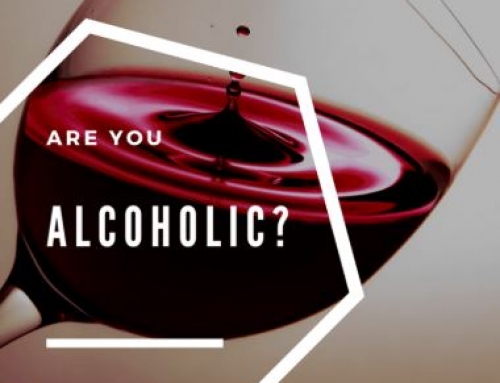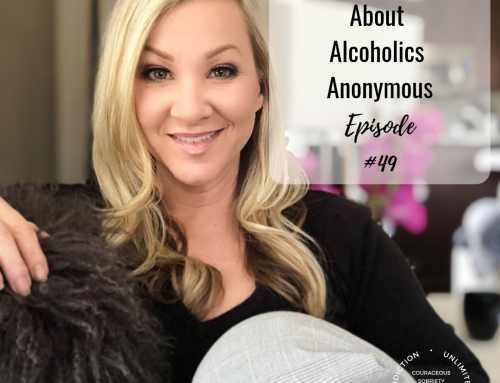Thinking Errors
I have a fascinating topic for you today and it was one of my favorite things to learn in my own recovery process. We’re going to talk about common thinking errors – in AA they say stinking thinking – in Cognitive Behavioral Therapy it’s called cognitive errors or cognitive distortions. As we know, everybody is recovering from something- it’s just a part of life, we are exhausted and wounded and usually overwhelmed between jobs, kids, spouses, bills- it’s exhausting. And over the course of time, we create these mental filters and errors that can really take you to a negative and dark place.
Thinking errors are a created habit, that you spend years practicing, and like every other habit we talk about here, it also takes practice to start neutralizing bad habits and change them. But first, you have to recognize the habit to then kick its ass. And breaking these habits is not difficult! It takes time, and a concerted effort, but it isn’t hard at all and for those of you that want more help, I promise at the end of this episode I am going to give you an opportunity to get some help with me, to start getting into action to change some of these habits. Because we have to take action- you are no longer aloud to sit around thinking about making some changes, or thinking about trying harder, or starting the new healthy eating, or starting to have a more robust social life or dating life, that’s one I hear a lot- I’d like to be dating and meeting people but I’m so tired after work, or I don’t know where to meet people. SO- no more talking about it or thinking about it, let’s get into action and create some amazing change we can feel proud of.
Addicted Brain
As an addicted person, my brain is wired a little differently. And where our wiring is different is in the pleasure center of our brain. I am completely in love with and obsessed with the brain and how it works and I promise I’m not going to get crazy in neuroscience here where you are falling asleep- but on the most simple level, here’s what you need to understand: There is a reward system in the brain that gets all F*ed up with substance abuse and gambling and sex and everything else we can abuse. That reward system being hijacked is one of the greatest challenges in recovery and getting sober. Our brains are physically and biologically altered by addiction.
In this little pleasure center, your brain releases all the natural feel-good neurotransmitters. You’ve heard of runner’s high, that’s endorphins. You hear about serotonin and dopamine- these are all the heavy hitters and they are responsible for all the good and positive feelings we have- happiness, excitement, contentment, relaxation. In an addicted brain, this process doesn’t work the same as for non-addicted people. My little addicted brain doesn’t fire those neurotransmitters properly, so my ability to feel happy, excited, relaxed, and content is deeply compromised.
Here’s an example- when a non-addicted person sees a kitten, their brain fires all these wonderful signals and you get butterflies and feel all warm and fuzzy and think, “omg, that kitten is soooo cute”! When I see the kitten, my brain fires nothing. And I look at the kitten thinking yeah, whatever, it’s a kitten, their cute.
Now, if the kitten was on fire, then my addicted brain would light up like a Christmas tree and it would start firing all of those neurotransmitters and I would feel elated and excited and the adrenaline would kick in and I would feel alive and happy. Because for the addicted brain to fire all of those things, the situation has to be bigger and more dramatic. I often hear family members say addicts are addicted to drama and chaos, and there’s some truth to that- because for my brain to wake up and fire, it has to be more dramatic.
Early Recovery
Also understand, when I talk about issues and challenges, these behaviors and thought processes we struggle with, most of the time these are early sobriety challenges. Like, I don’t struggle with many of these things at this stage of the game. I have a lot of years of practice, a lot of years of sobriety or actually it’s more a lot of years of recovery where I have actively participated in understanding myself and healing myself.
That’s another phenomenal thing about the brain- it’s malleable, it will change to support your new habits. It will grow in the areas necessary, and it will prune the areas you are no longer nurturing, and all of a sudden you see yourself become a new person. It’s amazing.
So… all of that to say- because our brains function a little differently, I think we are a little more negative by nature because our brains don’t naturally fire the feel-good stuff. And what happens with that, is we tend to look at the negative things and focus on them- we are sensitive and personalize things- when someone doesn’t say hello to me, my natural thought process is to think they don’t like me anymore instead of thinking they didn’t see me or they are distracted.
Thinking Errors Graphic

Listen to full episode HERE
Facebook: facebook.com/groups/addictionunlimited
Work with me: hello@angelapugh.com or addictionunlimited.com/contact/
Insta: @addictionunlimited or @angela_pugh_




